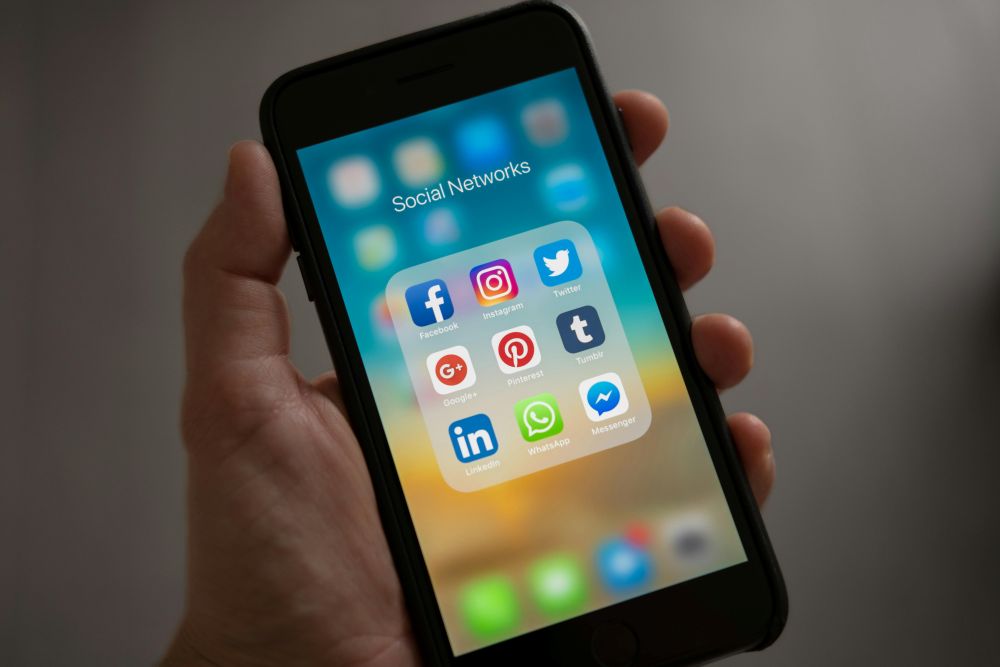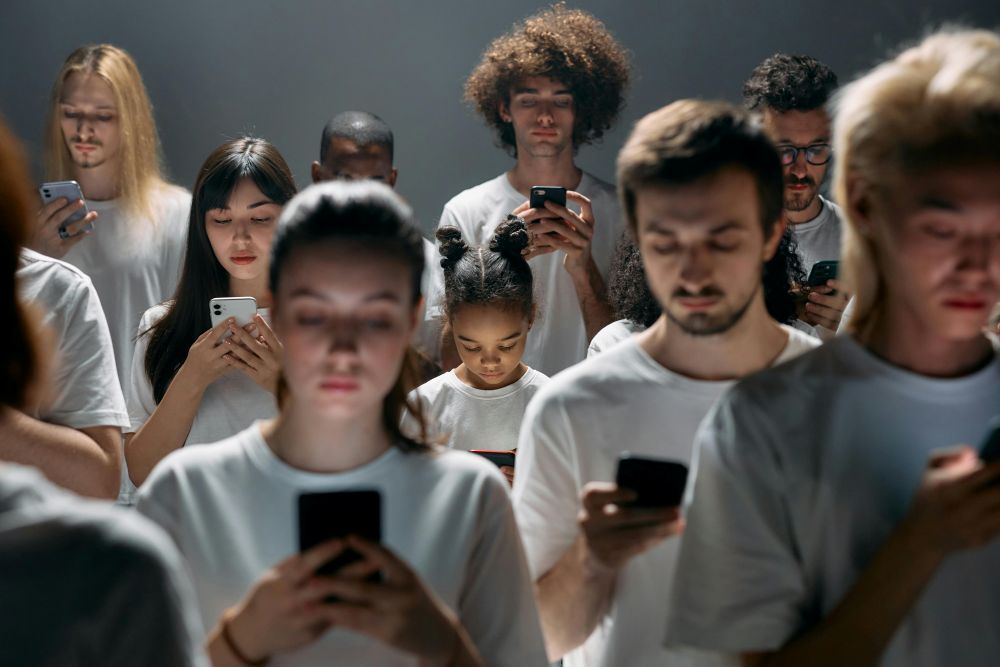Too much leisure screen time may increase teen distress, but education-related use differs.
Teenagers today spend a lot of time sitting still, whether they’re glued to their screens, reading, or gaming. A recent study found that when this adds up to more than three hours a day, it can increase the risk of mental health struggles down the road. But not all screen time is the same. Time spent on homework or online classes seemed to have a different effect compared to endless scrolling or gaming sessions.
With technology being such a big part of daily life, many young people spend hours on their phones, computers, or game consoles. This has raised concerns about how this might affect their well-being. Researchers looked at data from thousands of teenagers and found a pattern: those who spent too much of their free time staring at screens were more likely to feel anxious, down, or restless by the time they reached 17.
The study tracked adolescents over several years. At 14, they kept a record of how they spent their time. When they turned 17, they answered questions about their mental health. The results showed that those who spent a lot of time on leisure screen activities, especially video games, were more likely to report feeling distressed. Interestingly, even reading for long periods had a similar effect, particularly for boys.

One possible explanation is that excessive screen time or solitary activities like reading might take away from real-world social interactions. Socializing in person, spending time outdoors, and engaging in physical activities are known to help with mental health. When those things get pushed aside in favor of hours spent alone on a screen or in a book, it could lead to feelings of isolation.
The researchers also pointed out that not all screen time is bad. Educational use, like studying or attending online classes, didn’t have the same negative effects. In fact, moderate amounts of screen-based learning seemed to be linked to lower levels of distress.
Another factor to consider is how screen use affects sleep. Many studies have shown that looking at screens late at night can make it harder to fall asleep and affect sleep quality. Poor sleep is closely linked to mental health struggles, so this could be another reason why too much screen time is tied to distress.
Parents and caregivers might wonder what they can do to help. Based on the study, setting reasonable limits on recreational screen time could be a good start. Encouraging a mix of activities, including exercise, social time, and outdoor play, may also help balance things out. It’s not about banning screens altogether but rather making sure they don’t take over all free time.
It’s also worth considering individual differences. Some teens may be more sensitive to screen time than others. While one might play video games for hours without any issues, another might feel worse after just a short time. Paying attention to how a teenager responds to screen use can help in finding the right balance.
The study offers useful insights into how young people spend their time and how it might affect their well-being in the long run. While screens are an unavoidable part of modern life, being mindful of how much and what kind of screen time teens engage in could make a difference in their mental health. Finding ways to blend online and offline activities might be the key to keeping things in check and helping young people thrive.
Sources:
Study links excessive screen time to psychological distress in adolescents
Prospective Association of Sedentary Behavior With Psychological Distress Among Adolescents


Join the conversation!